Beautiful Plants For Your Interior
At MBLI, we turn community needs into sustainable solutions. Our work is structured around four core thematic areas that address the root causes of poverty, inequality, and environmental degradation in Zambia. Each program is developed with community input and guided by evidence, equity, and impact.
Community Development
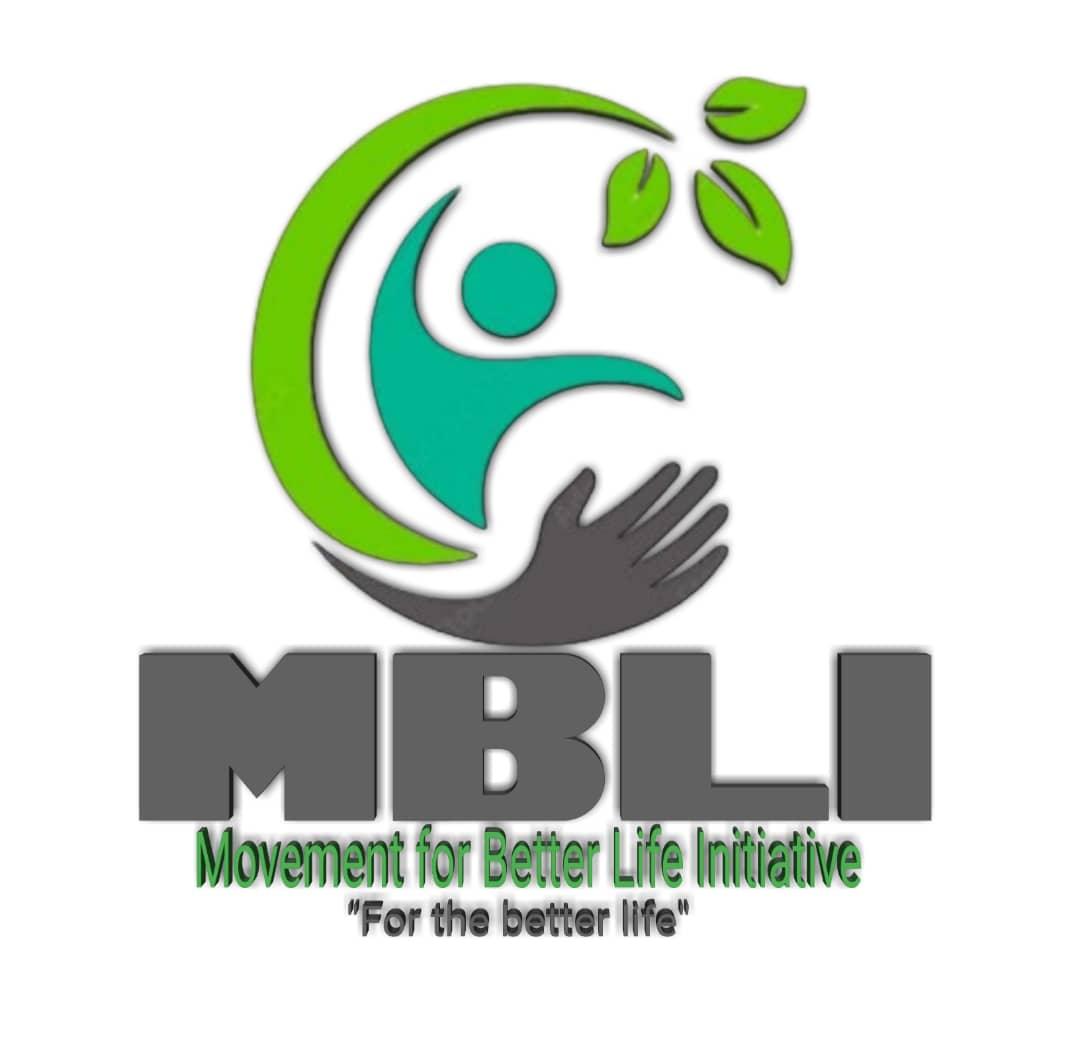
We support vibrant, self-reliant communities by providing tools and opportunities that improve livelihoods and strengthen local governance.
Microfinance Programs:
We provide access to affordable capital for small-scale entrepreneurs and farmers, enabling them to grow their businesses and improve household income.
Vocational Training:
Our training programs equip individuals—especially youth and women—with skills in sustainable agriculture, entrepreneurship, and business management.
Community Engagement:
We foster inclusive decision-making by strengthening community participation in project planning, governance, and local development processes.

Sustainable Agriculture
We promote environmentally responsible farming practices that ensure food security while preserving the land for future generations.
Organic Farming:
We encourage the adoption of organic methods that reduce chemical inputs and support biodiversity.
Value Chain Development:
Our programs help farmers build sustainable value chains—from production to processing and marketing.
Agricultural Innovation:
We introduce climate-smart farming techniques and technology that increase productivity and resilience.
Entrepreneurship Support
We nurture innovative, locally driven businesses that contribute to economic growth and social development.
Business Incubation:
We offer mentorship, co-working space, and access to business tools to help early-stage entrepreneurs thrive.
Market Access:
MBLI connects entrepreneurs to buyers, suppliers, and markets—locally and regionally—to grow their reach and profitability.
Capacity Building:
We provide workshops and hands-on training in business sustainability, branding, and compliance.
Trade and Market Development
We help small businesses and farmers navigate the market landscape to boost income, product value, and trade opportunities.
Market Research:
MBLI offers data-driven market analysis to inform product strategies and business planning.
Trade Facilitation:
We simplify trade processes for local producers by reducing costs and barriers to market entry.
Product Development:
We support product refinement, branding, and packaging to help local products compete at national and regional levels.
Financial Inclusion
We believe inclusive finance is a key driver of development, especially for rural and underserved populations.
Access to Finance:
We connect communities and entrepreneurs to savings, credit, and insurance solutions tailored to their needs.
Financial Literacy:
MBLI provides training to enhance budgeting, savings, and investment skills at the household and business level.
Digital Payment Systems:
We introduce secure, cost-effective digital payment platforms to increase efficiency and accessibility in financial transactions.
At MBLI, we champion environmental stewardship as a foundation for sustainable development. Our work combines grassroots action with innovation and advocacy to protect Zambia’s natural resources while building community resilience to climate change.
Tree Planting & Reforestation
We restore degraded ecosystems by mobilizing communities and building local ownership of reforestation efforts.
Community Tree-Planting Events: Organize large-scale planting days with schools, villages, and youth groups.
Strategic Partnerships: Collaborate with local organizations for long-term reforestation projects.
Environmental Education: Raise awareness on the ecological and economic importance of trees.
♻️ Waste Management
We promote cleaner, healthier communities through responsible waste handling and education.
Recycling Programs: Introduce community-based recycling systems and drop-off centers.
Clean-Up Campaigns: Lead local clean-up initiatives in urban and rural areas.
Behavior Change: Encourage sustainable waste reduction and proper disposal through workshops and outreach.
⚡ Renewable Energy
We support the transition to clean energy by promoting affordable, accessible solutions.
Solar & Wind Promotion: Encourage adoption of renewable energy at household and institutional levels.
Project Support: Partner with innovators and funders to implement off-grid energy solutions.
Community Education: Raise awareness on the benefits and use of renewable technologies.
🌾 Sustainable Agriculture
We integrate environmental health with food production to ensure long-term food security.
Organic Practices: Train farmers in low-impact, chemical-free cultivation.
Sustainable Farming Projects: Support agricultural initiatives that prioritize soil health, biodiversity, and water conservation.
Climate Resilience: Educate farmers on practices that adapt to changing climate conditions.
🐘 Conservation & Biodiversity
We protect Zambia’s rich ecosystems and wildlife through advocacy and local stewardship.
Habitat Protection: Support preservation of forests, wetlands, and critical ecosystems.
Wildlife Conservation: Collaborate on anti-poaching, species protection, and wildlife corridor initiatives.
Community Education: Promote biodiversity awareness in schools and villages.

📚 Education & Awareness
We build knowledge and inspire action through inclusive learning experiences.
Workshops & Seminars: Deliver training on climate change, eco-activism, and sustainability.
Learning Materials: Develop accessible resources tailored to schools, farmers, and youth.
Public Engagement: Use social media, local radio, and events to spread environmental messages.
🧑🤝🧑 Community Engagement
We ensure environmental initiatives are community-owned and locally driven.
Collaborative Action: Work hand-in-hand with local leaders, organizations, and government.
Community Empowerment: Equip people with tools, knowledge, and confidence to lead.
Sustainable Partnerships: Foster long-term relationships to sustain environmental impact.
📢 Advocacy & Policy Influence
We amplify community voices and push for lasting change through policy and public pressure.
Environmental Advocacy: Promote legislation that protects natural resources and ecosystems.
Awareness Campaigns: Support activism, youth engagement, and public mobilization.
Influencer Collaboration: Work with changemakers and thought leaders to elevate key issues.
🔬 Research & Innovation
We seek evidence-based, future-facing solutions to today’s environmental challenges.
Sustainability Research: Investigate environmental issues to inform our programs.
Green Innovation: Pilot and scale new technologies that reduce environmental harm.
Knowledge Sharing: Publish findings and promote cross-learning between stakeholders.
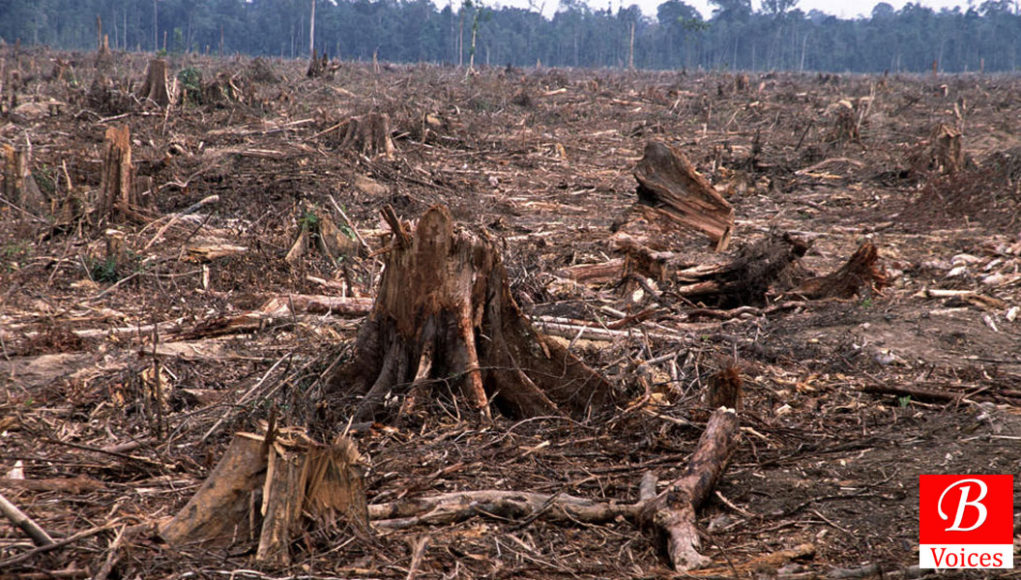
Economic Empowerment, Inclusion & Cultural Preservation
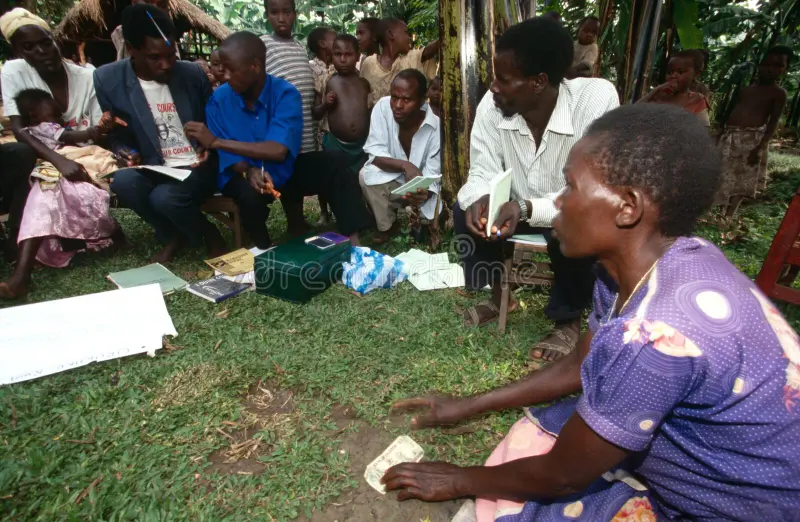
At MBLI, we understand that building a better life means empowering people economically, socially, and culturally. Our integrated approach addresses key areas that unlock opportunity, promote dignity, and protect identity.
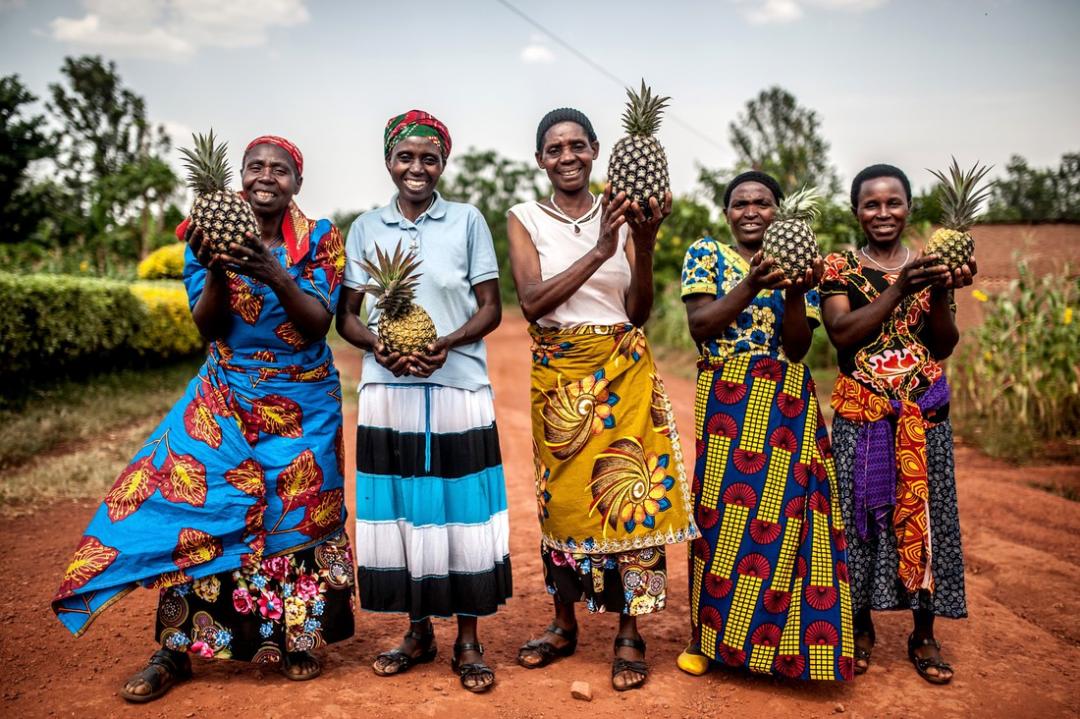
Economic Empowerment
We equip individuals and communities with the tools and resources needed to build resilient livelihoods and foster inclusive economic growth.
Microfinance Programs:
We provide accessible, low-interest capital to small-scale entrepreneurs and farmers—fueling innovation, stability, and independence.
Entrepreneurship Training:
Through tailored workshops and mentorship, we help individuals start and scale businesses using sustainable, market-driven strategies.
Job Creation Initiatives:
We promote job creation by supporting small business development, cooperatives, and community-based enterprises that offer dignified work opportunities.
Social Inclusion
We are committed to building a society where every individual is valued, heard, and protected—especially those most vulnerable or marginalized.
Community Engagement:
We foster inclusive decision-making by involving community members—especially women, youth, and persons with disabilities—in shaping local development.
Social Protection:
MBLI offers targeted support and referral services for vulnerable populations, including orphans, the elderly, and survivors of gender-based violence.
Human Rights Promotion:
We promote respect for human dignity and justice through awareness campaigns, legal literacy, and rights-based programming.
Cultural Preservation
We recognize that culture is a foundation of identity and resilience. MBLI works to protect Zambia’s rich cultural heritage while linking it to economic opportunity.
Safeguarding Cultural Heritage:
We support efforts to document, celebrate, and preserve traditional practices, stories, languages, and customs across generations.
Supporting Arts & Crafts:
By empowering artisans and creatives, we promote cultural expression, tourism, and local economic development through the sale of locally made crafts.
Intergenerational Knowledge Transfer:
We create platforms where elders and youth come together to share traditional knowledge and skills—ensuring that cultural wisdom is not lost but passed forward.
Why It Matters
These programs are just a few ways the Movement for Better Life Initiative is driving meaningful change. By addressing the economic, social, and cultural dimensions of community development, we contribute to building a sustainable, equitable, and prosperous future—where no one is left behind.

Our Vision
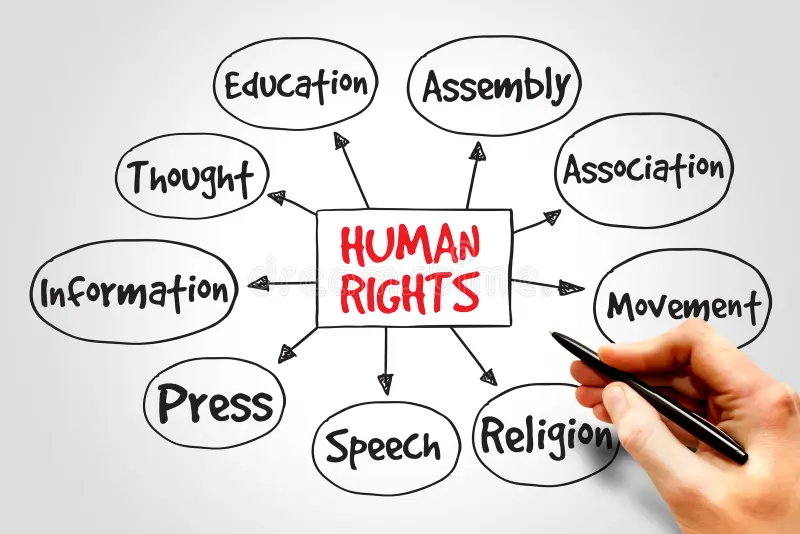
Our Vision
We envision a Zambia where rights are respected, laws are accessible, and justice is for all—not just the privileged few. Through continued advocacy, education, and innovation, MBLI will continue to drive systemic change that protects and uplifts every member of society
Through grassroots education, advocacy, and legal support, we empower communities to understand their rights, defend them, and influence systems that uphold them. Our work spans from rural villages to international human rights forums—ensuring that justice is not a privilege, but a reality for all.
Community-Based Rights Awareness: We conduct workshops and outreach campaigns in underserved areas to educate citizens—especially women, youth, and persons with disabilities—about their legal rights and protections.
Paralegal Training in Rural Districts: We train local leaders and community members as paralegals, equipping them with tools to support others in navigating legal systems and accessing justice.
Rights Watch Platform: We have developed a real-time abuse reporting platform that allows victims and witnesses to safely report human rights violations via USSD/SMS. This improves response times and builds a national evidence base for advocacy.
International Advocacy: MBLI submits reports and recommendations to United Nations human rights mechanisms, ensuring that local violations are addressed on the global stage and that international pressure is brought to bear where needed.
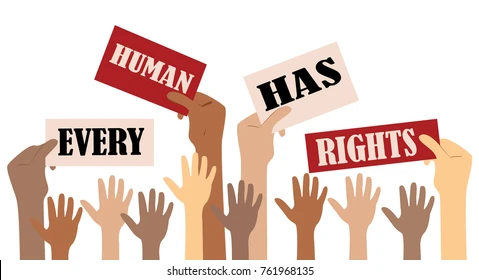
Our program focuses on those who face systemic discrimination and exclusion, including:
Women and girls
Youth
Persons with disabilities
Ethnic and linguistic minorities
By centering the experiences and leadership of these groups, we promote inclusion, resilience, and justice from the ground up.
Investing in AI for Environmental Sustainability and Resilient Development

At the Movement for Better Life Initiative (MBLI), we recognize that the challenges facing our environment and communities require bold, innovative, and future-focused solutions. As part of our long-term vision for a sustainable and equitable world, we are investing in Artificial Intelligence (AI) research and integration—with a focus on using technology not just for innovation’s sake, but to solve real problems, improve lives, and protect ecosystems.
Our AI strategy is rooted in community empowerment, ethical innovation, and environmental responsibility. From climate resilience to clean water access, we are leveraging AI to accelerate impact and scale grassroots-driven solutions across Zambia and beyond.
AI for Environmental Sustainability
AI will play a transformative role in how we monitor and manage ecosystems. Through predictive modeling, satellite imagery analysis, and automated species tracking, we aim to better understand deforestation trends, land degradation, and identify areas of high conservation value. By combining local insights with AI-powered data, MBLI can prioritize conservation with precision and foresight.
In the area of environmental health, AI will help us monitor and predict air and water quality risks, identify pollution hotspots, and even forecast the spread of environmentally linked diseases. These tools will allow us to take proactive action, prevent harm, and guide communities with personalized environmental health guidance.
Our approach to agriculture is also evolving. With AI, we’re introducing precision farming techniques that increase crop yields while minimizing waste. Smart algorithms will help predict pest infestations and crop diseases before they cause damage, while also optimizing irrigation systems for efficient water use. These tools will empower farmers—especially smallholders—to grow more sustainably and profitably.
In Zambia’s mining sector, AI will be used to enhance sustainability and safety. It will support predictive maintenance of equipment, improve efficiency in resource extraction, and help identify potential environmental hazards early, reducing ecological damage and costs.

Climate and weather prediction are vital in the face of increasing climate volatility. AI will improve both short- and long-term weather forecasts, analyze climate trends, and help us anticipate and prepare for extreme events such as floods or droughts. These insights will guide our disaster planning and environmental education efforts.
We are also exploring how AI can revolutionize clean energy systems. From forecasting demand and optimizing solar and wind power output, to improving energy storage and grid reliability, AI will help maximize the efficiency and scalability of renewable energy projects.
In waste management, MBLI plans to use AI to forecast waste generation, design optimal collection routes, and identify recyclable materials—dramatically improving efficiency and promoting a circular economy. Similarly, AI will aid our reforestation initiatives by analyzing land data to identify suitable planting areas and track the growth and health of planted trees.
Clean water is a cornerstone of sustainable development. By harnessing AI, we’ll monitor water quality in real-time, detect contaminants, and improve treatment processes to ensure safer, more consistent access to clean water for vulnerable communities.
AI for Conservation and Biodiversity
Protecting biodiversity is central to MBLI’s mission. We will use AI-powered camera traps, drones, and sensors to track wildlife populations, monitor habitat changes, and better understand species behavior. AI will help identify areas needing restoration and optimize strategies for rebuilding ecosystems. Tools that can automatically identify plant and animal species will support our conservation teams and community researchers in safeguarding Zambia’s rich natural heritage.
AI for Sustainable Infrastructure and Urban Planning
As urban areas grow, AI can be harnessed to design greener, more efficient cities. MBLI will integrate AI into planning tools that optimize traffic, reduce emissions, and improve energy efficiency in buildings. In partnership with engineers and planners, we will promote smart city infrastructure that’s responsive to environmental changes and population needs. This includes integrating renewable energy into urban grids and designing climate-resilient public infrastructure that can withstand disasters and changing weather patterns.
AI and Climate Change
To address climate change, MBLI is investing in AI for advanced climate modeling, enabling us to predict long-term environmental trends and inform policy at local and national levels. AI will also support carbon footprint analysis, helping individuals, businesses, and institutions measure and reduce their emissions. In the future, we plan to use AI to support the design of climate-resilient infrastructure and communities that are prepared to adapt to rising risks.
AI for Sustainable Agriculture
MBLI will expand its work in sustainable agriculture by integrating AI into farming systems. Precision agriculture will help farmers apply fertilizers only where needed, predict disease outbreaks, and increase productivity. AI-powered soil monitoring will allow real-time nutrient tracking, while controlled-environment farming such as vertical agriculture can be managed with smart sensors and AI-driven systems to optimize light, water, and nutrients for maximum yield.
AI for Waste Reduction and Water Conservation
We envision a future where waste is not just managed—but prevented. With AI, we can predict waste generation patterns, optimize recycling processes, and help communities transition to circular economy models. In water conservation, AI will enable real-time detection of leaks, smarter household water use, and precision irrigation—critical for both agriculture and urban households facing water scarcity.
AI for Clean and Efficient Transportation
AI will help optimize transportation systems to reduce emissions, traffic congestion, and fuel usage. From improving electric vehicle (EV) charging infrastructure to enabling route optimization for logistics, and even exploring autonomous transport, MBLI aims to work with partners to rethink transportation in ways that benefit both people and the planet.
AI for Environmental Education and Community Engagement
We believe that knowledge is power. AI-powered platforms will deliver interactive environmental education tailored to age, location, and lifestyle. These platforms can also offer personalized sustainability recommendations and track environmental impact over time—encouraging individuals and communities to adopt greener practices. AI will also help MBLI better engage communities in its initiatives by analyzing feedback, participation trends, and tailoring communication to improve awareness and inclusiveness.
AI for Disaster Response and Resilience
As climate-related disasters increase, early response can save lives. MBLI is exploring AI-powered early warning systems that can detect floods, fires, or storms and trigger community alerts. After disasters, AI will be used to assess satellite and drone imagery to identify damage, prioritize emergency relief, and plan environmentally responsible recovery strategies.
AI in Sustainable Supply Chains and Product Development
We aim to integrate AI into supply chain transparency efforts by tracking materials from source to shelf—helping businesses and consumers make sustainable choices. AI will also support sustainable sourcing, product design, and eco-friendly packaging development—ensuring that every step in the supply chain minimizes environmental harm

🌍 Building a Responsible, Inclusive AI Future
Our vision is to ensure AI doesn’t just serve technology—but serves people and the planet. MBLI’s AI strategy is grounded in ethics, equity, and local empowerment. We’re committed to inclusive innovation, where community voices, especially those in rural and underserved areas, shape how AI is developed and applied.
We will collaborate with universities, research institutions, tech companies, and government to promote open, responsible, and transparent AI use. MBLI also aims to invest in training young Zambians in AI and data science—so the next generation is equipped to lead this technological transition.
Our Programs & Projects
We just love our work and plant nature, so we provide a high quality services
MBLI is excited to expand its impact through innovative upcoming and future initiatives. We’re launching a Digital Literacy Program to equip rural youth with essential tech skills, and expanding our Green Futures Project to train more youth in renewable energy careers. In response to climate challenges, we’re piloting a Drought Adaptation Strategy in Southern Province. We also plan to strengthen advocacy for Zambia’s ratification of the Escazú Agreement, promoting environmental rights. Additional efforts include scaling up our Women’s Economic Resilience Fund and introducing mobile health-justice clinics in underserved districts. These initiatives reflect our commitment to inclusive, grassroots transformation.
Green Futures Program
Goal: Train 300 youth in renewable energy careers
Partners: Zambia Ministry of Energy, Siemens Stiftung
Status: Active in 3 provinces
Rights Watch Platform
Goal: Enable real-time reporting of abuse via USSD/SMS hotline
Coverage Target: 5 provinces by 2025
Outcome: Faster, more accessible human rights support
Women’s Economic Resilience Fund
Goal: Disburse interest-free loans to 150 women farmers
Support: Mentorship, training, and market access
Focus: Financial inclusion + women-led innovation
Upcoming Projects
- Digital Literacy for Rural Youth – Launching Q4 2025
- Escazú Advocacy Campaign – Supporting Zambia’s ratification of environmental rights treaty
- Southern Province Drought Adaptation Plan – Pilot implementation underway